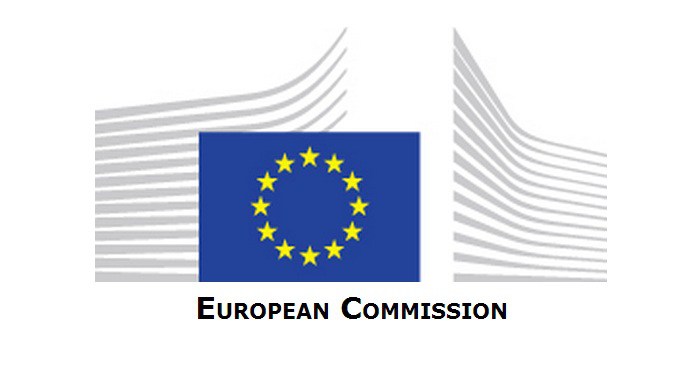
Political pressure on the judiciary and the prosecution service in Serbia remains high, says the European Commission (EC) 2024 Rule of Law Report, and expresses concern about the safety of journalists in Serbia and about the independence of the Regulatory Authority for Electronic Media (REM) and public broadcasters.
The report notes that the Serbian justice system has been undergoing substantial reform in recent years. The implementation of the constitutional reform to strengthen judicial independence is ongoing with further implementing laws to be amended, says the EC.
The report finds that political pressure on the judiciary and the prosecution service in Serbia remains high.
It adds that Serbia still lacks a comprehensive court management system that interlinks cases across courts and prosecutor offices. While efficiency shows a positive trend for civil, commercial, and criminal cases, there are serious challenges in the handling of administrative cases and constitutional complaints, it adds.
The EC notes that the adoption of the National Anti-Corruption Strategy for the period of 2023-2028 and the accompanying Action Plan are still pending.
The legal framework for the fight against corruption is broadly in place, it says, adding that, however, shortcomings exist in practice. The EC notes that further improvement is needed to establish a robust track record on investigations, indictments and final convictions in high-level corruption cases. The Prosecutor’s Office for Organized Crime remains understaffed and there is the risk of politically motivated interference into high-level corruption investigations and prosecutions, cautions the EC.
Shortcomings exist in the verification and enforcement of asset declarations, and on political party financing. Regulation on lobbying is limited in scope and the legislation on whistleblower protection is not yet aligned with the EU acquis.
The European Commission points out that public procurement is a highrisk corruption area in Serbia, in particular, as regards several exemptions from the Law on public procurement.
Concerns about REM’s independence, safety of journalists
The EC report recalls that media legislation was amended in 2023 to align it with the EU acquis and European standards. However, further amendments are needed for full compliance, it says.
The Regulatory Authority for Electronic Media (REM) fails to fully exercise its mandate to safeguard media pluralism and professional standards, and there are also serious concerns about its independence, says the EC.
It also notes that the Press Council, a self-regulatory body, monitors print media’s compliance with the Serbian Journalists’ Code of Ethics. The measures for addressing transparency in ownership structures and in advertising from state resources, proposed in the media strategy, have yet to be fully implemented, noted the EC. Against the background of complaints about biased reporting, issues of editorial autonomy and pluralism of public service media need to be addressed, says the report.
It also emphasizes that journalists in Serbia continue to face either frequent refusals by public bodies to disclose information of public importance or no response at all. The EC says safety of journalists is a source of concern as is the growing pressure by abusive lawsuits.
Serbian Parliament faces constraints
In its report, the European Commission also addresses the work of the Serbian Parliament, stressing that its ability to ensure the exercise of necessary checks and balances is constrained by issues of effectiveness, autonomy, and transparency, including in terms of the oversight of the executive and the law-making process.
The report says that the process of public consultation in Serbia needs further strengthening. It notes that there are four vacant positions at the Constitutional Court still to be filled and that there are three independent bodies protecting fundamental rights (the Ombudsman, the Commissioner for Information of Public Importance and Personal Data Protection and the Commissioner for the Protection of Equality), but follow-up given to the recommendations is not always clear. It adds that civil society organizations lack an enabling environment for their establishment, operations and financing.
Source: N1